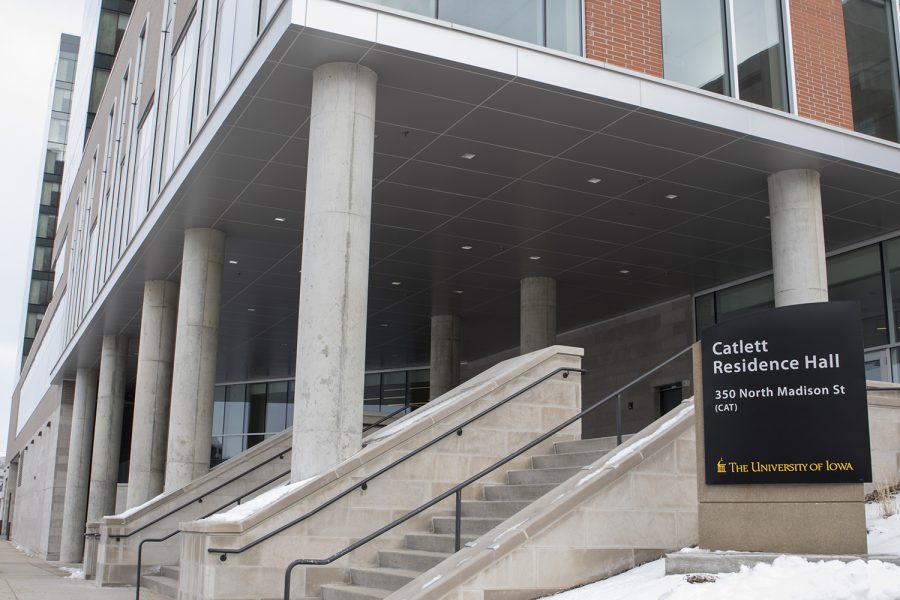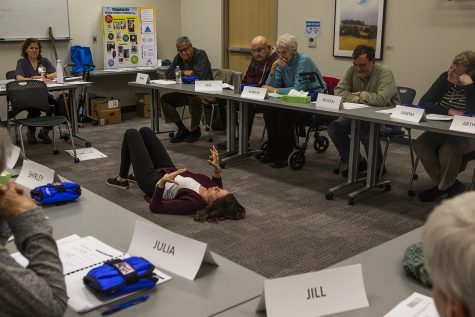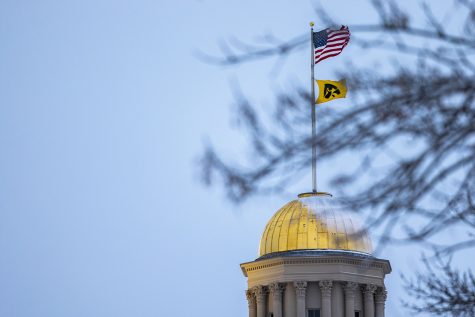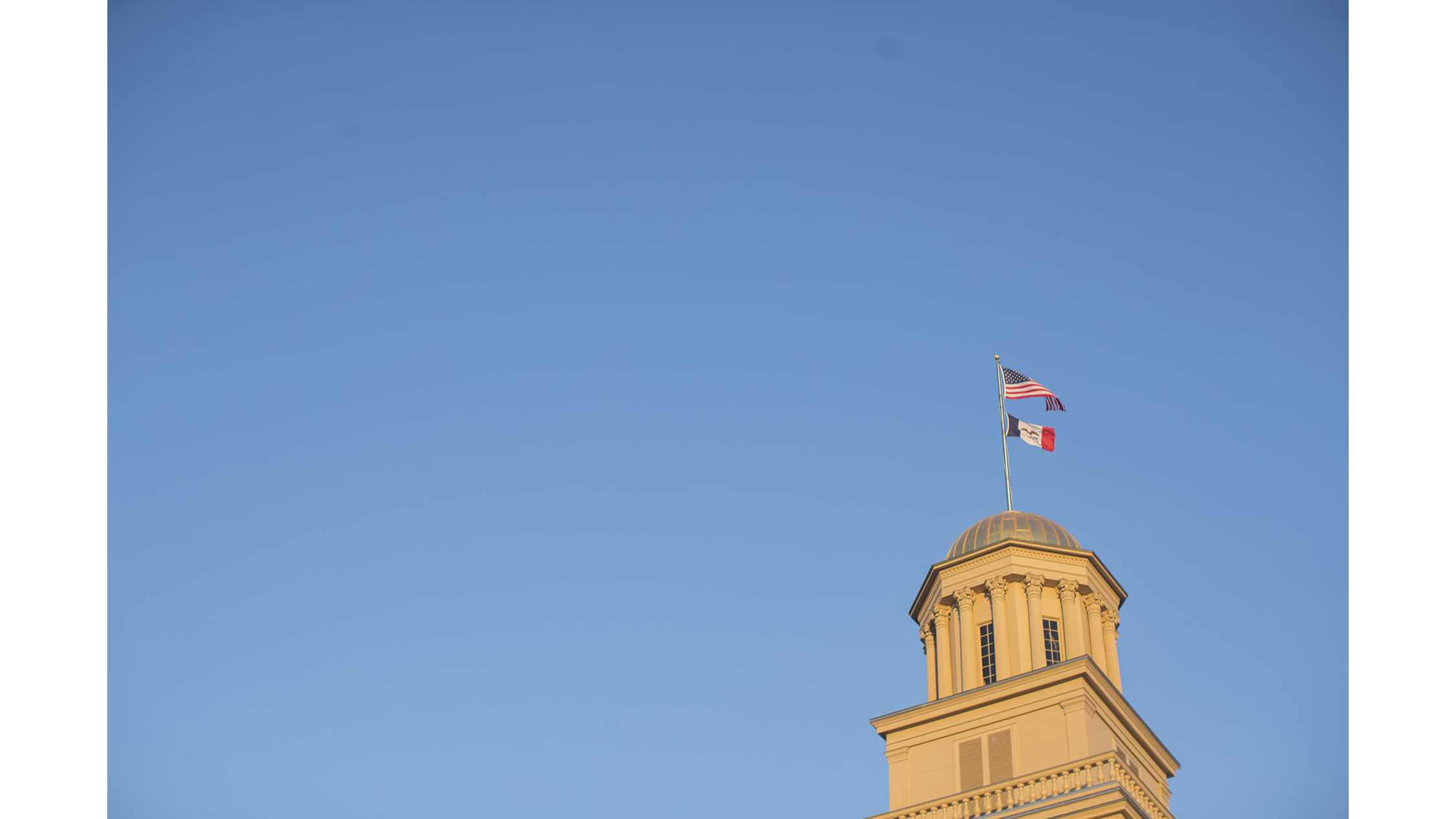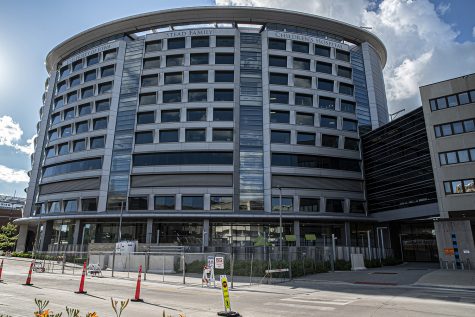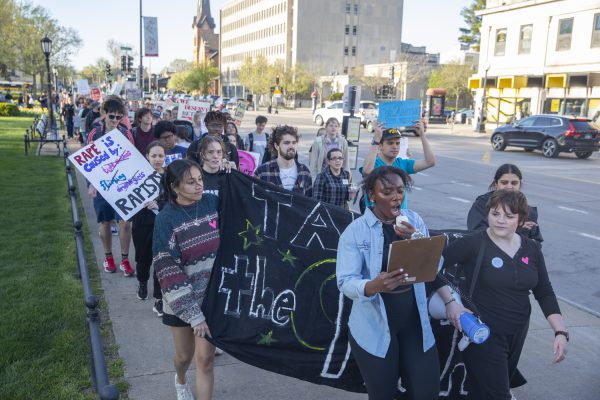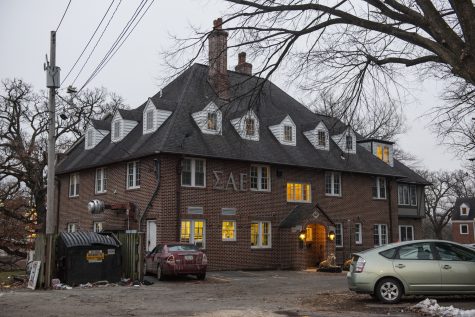UI requests to increase price tag on living in residence halls
The Board of Regents heard the UI’s request for an increase in residence hall rates, as the university seeks additional revenue in housing and dining.
Catlett Residence Hall is seen on Jan 16, 2019.
March 4, 2019
The University of Iowa on Feb. 28 requested the state Board of Regents’ permission for a 2 percent rate increase for all but one standard room plan in UI residence halls and the same rate of increase for the standard meal plan.
Von Stange, the UI assistant vice president for Housing & Dining, said residence halls have taken advantage of university efforts to manage enrollment, pursue a low student-faculty ratio, establish strong support services, and create a quality experience for students.
“The UI has worked diligently to create and maintain a housing and dining system that promotes student success,” Stange said. “We continue to be good stewards of our students’ dollars.”
The proposed rate increases come at the same time as an estimated fiscal 2019 decrease in UI student occupancy, from 95.2 percent to 91.3 percent.
Stange said plans for generating additional revenue include increasing the number of returning students in the residence halls and selling more off-campus meal plans.
RELATED: UI Housing and Dining plans to improve residence-hall living
“We’re ahead on our number of returning students,” Stange said. “We sold more than 500 off-campus meal plans than we did last year.”
In an effort to decrease expenses, Stange said, the university will work on keeping utility costs constant and minimizing food costs through sustainable practices. Neither will reduce the quality of services to students, he said.
The UI has proposed a pilot second-year experience in the residence halls, he said, for which a university committee has shaped the curriculum, determined selection criteria, and begun marketing to students who may need additional support systems.
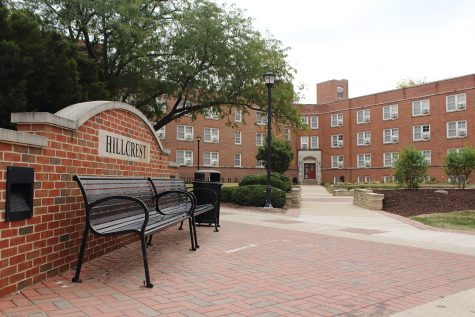
Hillcrest as seen on Tuesday, Oct. 3, 2017. Hillcrest is one of the University of Iowa’s Residence Halls.
“The proposed number of residents is 76. As of today, we have enough interest to fill all those spaces and have a waiting list,” Stange said. “We look forward to implementing the pilot and assessing the program.”
The program is primarily based on information gathered from institutions with similar programs and current students, Stange said, and need-based scholarships will be provided for students seeking academic and social success in that community but may be unable to afford it.
UI President Bruce Harreld said that although the university’s retention rate is higher than the national average of 81 percent, it is less than satisfactory relative to peer institutions such as the University of Wisconsin or University of Michigan.
“We take that mission on because that’s exactly what our students and families expect of us and deserve from us,” Harreld said. “We’re not at all satisfied with our current retention rate.”
Other initiatives to improve on-campus occupancy include a residential experience work group comprising faculty, staff, and students charged with reimagining the residence- and dining-hall experience, as well as residential Hawk Talks, which Stange said totaled 15,000 in the fall semester.
In addition, he said, the university will reinvest in dining halls to ensure student dietary wants and needs are met. Several residence halls have already received renovations, and Hillcrest just received the go-ahead from the regents for an $8.5 million improvement project.
“This is part of our ongoing residence-hall enterprise,” UI Finance and Operations Senior Vice President Rod Lehnertz said. “It has worked well for us to have residence halls that date more than 100 years of age and remain modern and viable for the students that stay on our campus.”



